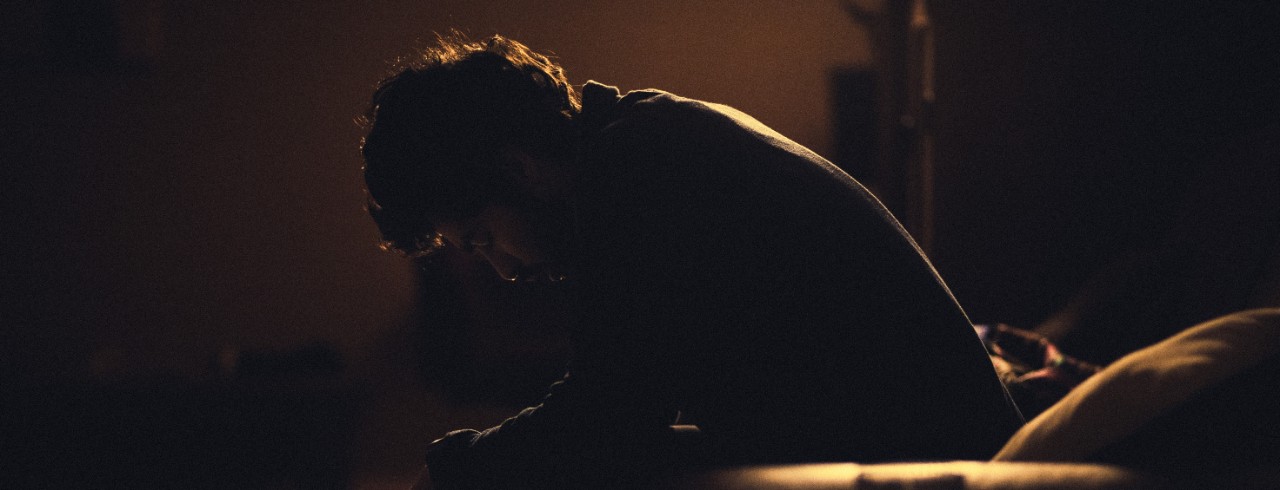
55KRC: Naomi Judd suicide brings awareness to mental health issues
UC expert discusses warning signs, help available for those struggling with depression
Editor's Note: This story includes graphic details of a death by suicide
The family of Naomi Judd recently announced that the singer and actress died by suicide in late April, using a firearm.
Caleb Adler, professor and vice chair of research; co-director of the Division of Bipolar Disorders Research; and director of the Center for Imaging Research in the University of Cincinnati College of Medicine's Department of Psychiatry and Behavioral Neuroscience, appeared on 55KRC's Simply Medicine program to discuss risk factors of suicide, barriers that could prevent suicides and resources for those in crisis.
Adler said while he was not personally familiar with Judd's circumstances, media reports have stated she was struggling with depression, which combined with her age put her at a higher risk to die by suicide.
"Middle age to older adults are at the highest risk, and that’s been true really as long as we’ve been looking," he told Simply Medicine.
In general, Adler said suicide by firearms typically suggests an impulsive act, and impulsive suicide is common. To combat impulsive behaviors, he said some studies have shown putting barriers in place to make impulsive acts harder could decrease rates of suicide.
"For instance, putting up barriers on bridges have been shown to decrease rates of jumping simply because it’s harder," he said. "So when given time to second guess, people will often think about it, think about the harm they could do to loved ones, and terminate the attempt or get help."
Adler said there is help available for those struggling with depression, including therapy and prescription drugs through health care providers, including community mental health agencies that serve uninsured patients.
In addition to the National Suicide Prevention Lifeline (details below), Adler said those considering suicide can also go to the emergency room for an acute evaluation and treatment.
"I think the biggest barrier to getting care in many cases is just the stigma involved," he said. "People don’t want to tell other people they’re feeling depressed or that they need it, and so they don’t get it. And that’s certainly a shame. Depression is so prevalent, there’s really no reason for stigma. We are all susceptible to get depression."
If you or someone you know is considering suicide, please contact the National Suicide Prevention Lifeline at 1-800-273-TALK (8255), text "STRENGTH" to the Crisis Text Line at 741-741 or go to suicidepreventionlifeline.org.
Listen to the Simply Medicine segment. (Note: Segment begins around 21:47 mark.)
Featured photo at top courtesy of Unsplash.
Related Stories
Love it or raze it?
February 20, 2026
An architectural magazine covered the demolition of UC's Crosley Tower.
Social media linked to student loneliness
February 20, 2026
Inside Higher Education highlighted a new study by the University of Cincinnati that found that college students across the country who spent more time on social media reported feeling more loneliness.
Before the medals: The science behind training for freezing mountain air
February 19, 2026
From freezing temperatures to thin mountain air, University of Cincinnati exercise physiologist Christopher Kotarsky, PhD, explained how cold and altitude impact Olympic performance in a recent WLWT-TV/Ch. 5 news report.
